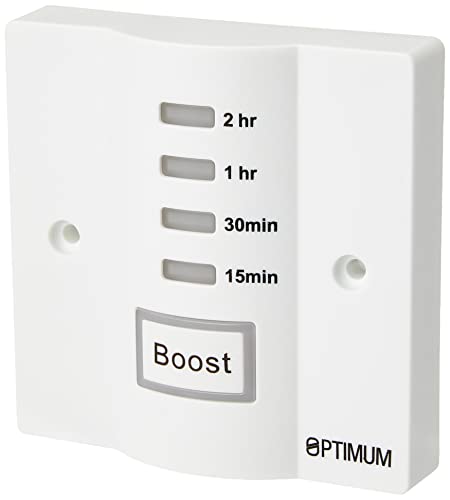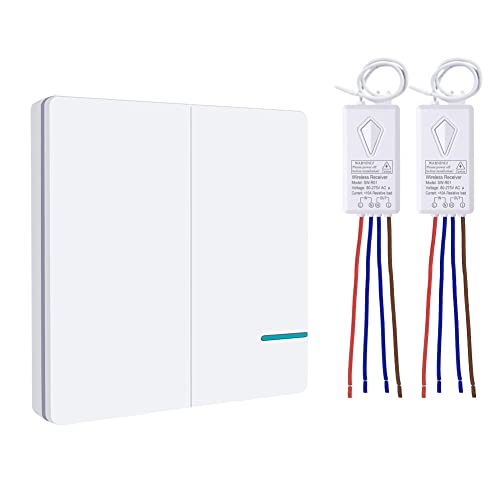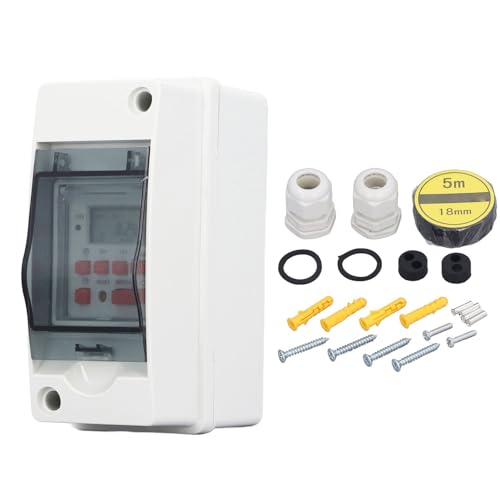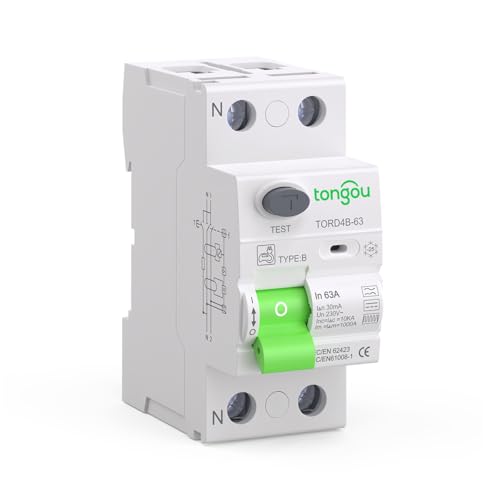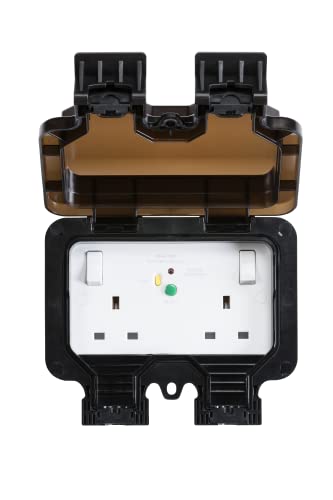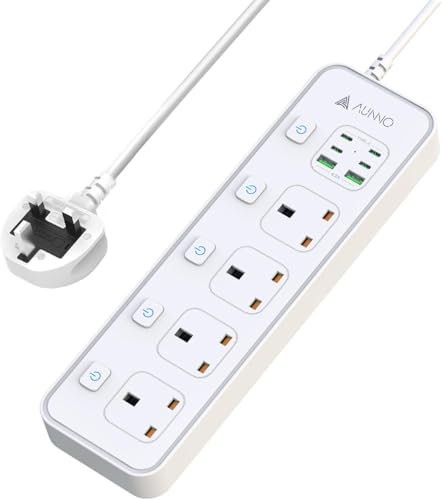What is a Geiger Counter? Understanding the Basics
Defining the Geiger Counter
A Geiger counter is a device that detects and measures ionising radiation. It functions by detecting particles such as alpha and beta particles, as well as gamma rays, which can come from natural and artificial sources. The Geiger counter alerts users to the presence of radiation, allowing them to understand the level of exposure in their environment.
How It Works
The fundamental component of a Geiger counter is the Geiger-Muller tube, which contains a low-pressure gas. When radiation passes through the tube, it ionises the gas, creating charged particles. This process generates an electrical pulse that is tallied by the device, providing a reading of the radiation levels.
How to Choose the Right Geiger Counter for Your Needs
Understanding Your Purpose
The first step in choosing a Geiger counter is to identify why you need it. Are you concerned about environmental safety, checking for radon in your home, or perhaps measuring radiation levels in a scientific setting? Your purpose will significantly influence the type of Geiger counter that is best for you.
Consider Measurement Range and Sensitivity
Geiger counters vary in terms of their range and sensitivity. For example, if you’re checking for low-level background radiation, a general-purpose model might suffice. However, if you need to measure higher levels, such as in nuclear industry applications, look for a model with a higher detection capability.
Top Features to Look Out For in Geiger Counters
Digital Display for Easy Readings
A clear, digital display is essential for easy readability, especially in low light conditions. Most modern Geiger counters come with digital interfaces that present readings in a straightforward manner.
Audio Alerts for Immediate Feedback
Many Geiger counters feature audio alerts. This can be particularly useful as it allows you to monitor radiation levels without constantly looking at the display. When radiation levels exceed a predetermined threshold, these devices emit beeps, giving you immediate feedback.
Real-Life Uses of Geiger Counters: When and Why You Need One
Home Safety and Environmental Monitoring
Many homeowners use Geiger counters to monitor radiation levels in their property, particularly if they live near nuclear plants or in areas where radon gas is a concern. Regular checks can ensure that your living environment remains safe from harmful radiation.
Scientific Research and Educational Purposes
In scientific settings, educators and researchers often use Geiger counters for experiments or demonstrations. They provide invaluable data that can enhance lessons on radioactivity and its impact on health and safety.
Maintenance Tips for Your Geiger Counter to Ensure Accuracy
Regular Calibration Checks
To ensure that your Geiger counter remains accurate, it is important to perform regular calibration checks as per the manufacturer’s recommendations. This involves testing the device against known radiation sources to verify its readings.
Proper Storage and Care
Store your Geiger counter in a protective case to avoid physical damage. Additionally, keep it in a dry, cool place, as extreme temperatures and humidity can affect its performance.
















